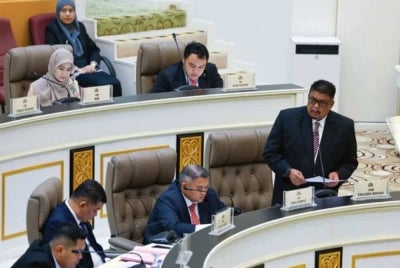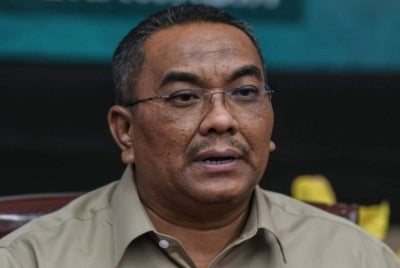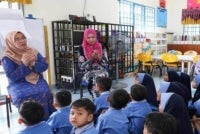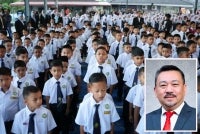GE15: Gen Z participation to increase, however it was unclear for Gen Y

SHAH ALAM - Research on several local and international research centres found that young voters in the country are behind in political awareness compared to the regional countries like Thailand, Indonesia and Philippines.
This could be seen through the 2020 Malaysian Youth Index Assessment study conducted by the Institute of Youth Research (IYRES) which showed that the index score for the political socialisation domain of youths has dropped drastically.
The data showed that the index score for political socialisation domain for youths dropped from 29.03 in 2019 to 27.75 (in 2020).
A similar issue was faced by other countries when voter turnout of Generation YZ was still low.
International media New York Times in an analysis concluded that the number of young voters coming out to vote in 24 countries that had its elections in 2020 was generally low.
However, Undi18 co-founder and advocacy director Tharma Pillai said the decision in the Johor polls in March was a clear sign that the tendency of Generation Z voters which comprised teenage voters who just graduated from school and higher education institution students to vote may be higher and encouraging.
He then gava a skeptical opinion on the possibility of Generation Y voters' participation involving those aged between 30 and 39 to be higher in the 15th General Election (GE15) based on aspects of economic contraints, logistics, political fatigue and job demands.
"In the Johor state election, the segment of youth voters aged 18 to 22 recorded the percentage of voter turnout that was in line with the overall average of voters registered that went out to vote around 54 to 55 per cent.
"This means that the percentage of the group to come out and vote is encouraging. Just the segment of youth voters aged 25 to 39, recorded a lower percentage of voter turnout.
"I am confident that the percentage rate of Generation Z voters to participate in GE15 is bound to be better.
"However, for the Generation Y voters, a majority of them were in the workers group, their involvement rate to vote might remain low because of logistics and economic constraints," Tharma told Sinar Premium.
Tharma's view was supported by the University of Nottingham-Malaysia political observer and researcher Bridget Welsh.
In an analysis published in the local media, Welsh found that 54 per cent of voters aged 18 to 21 had voted in the Johor polls that was almost the same as the group of voters aged 21 to 25 and 41 to 45.
Regarding the trend of choosing Generation YZ voters in GE15, Tharma said he did not agree that the majority of the group will tend to follow their family's choice in determining which political party to vote for.
He believed that the main factor of Generation YZ voting for a party was based on the bigger influence of their friends, social media as well as the political narrative.
Download Sinar Daily application.Click Here!















